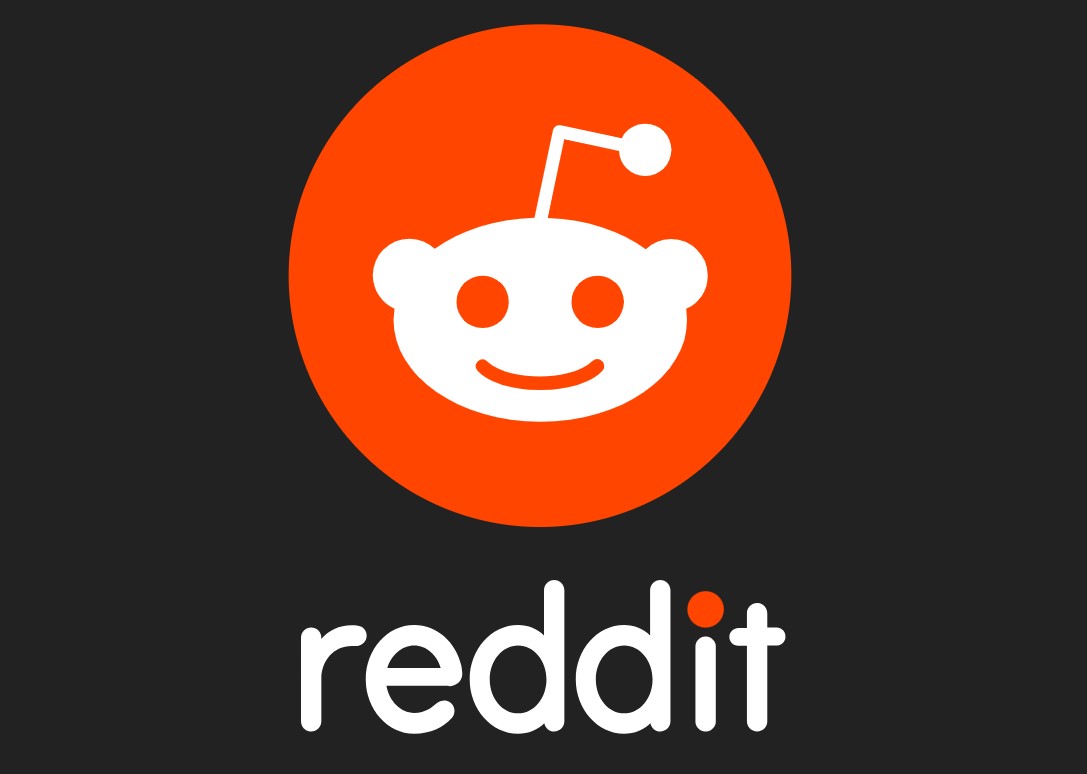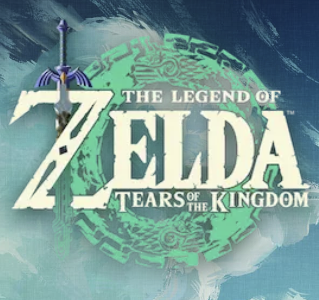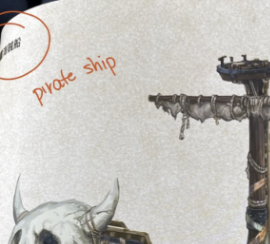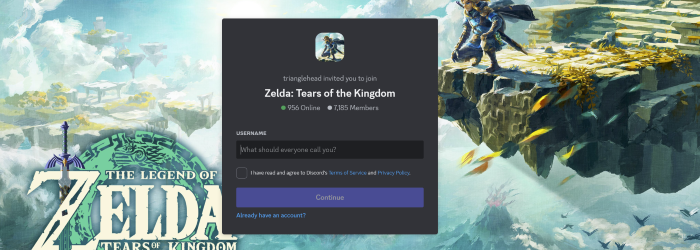-
chevron_right
Film Companies and Reddit Clash Again in Court over Anonymous Piracy Comments
news.movim.eu / TorrentFreak • 11 January, 2024 • 4 minutes
 Millions of people regularly pirate movies and music. While this is against the law, most don’t get into trouble.
Millions of people regularly pirate movies and music. While this is against the law, most don’t get into trouble.
Some people feel so comfortable about their piracy habits that they openly discuss them online. On Reddit , for example, where most people use a semi-anonymous handle.
Admissions of anonymous Redditors typically go unnoticed by copyright holders and, even when observed, it’s rare for companies to take matters further or ask any questions. A group of independent film companies in the United States set out to buck that trend last year.
The film companies and their attorney Kerry Culpepper say they’re not planning to take Reddit users to court. However, they do want to use public piracy-related comments as evidence in a lawsuit against their Internet provider.
These lawsuits don’t target individual pirates. Instead, the film companies have sued Internet providers including RCN , Grande , and Frontier , for failing to disconnect ‘repeat infringer’ customers.
Trying Once, Twice….
The independent film companies first reached out to Reddit roughly a year ago, asking the company to disclose names, IP addresses, and emails of various users. These people all made piracy-related claims in comments on Reddit, with several indicating that their ISP did little to stop this activity.
Reddit was unhappy with the subpoena, characterizing it as overbroad and more akin to a fishing expedition than regular evidence gathering. Reddit only handed over the details of one user whose comment mentioned RCN directly, denying the rest to protect users’ First Amendment right to anonymous speech.
The court eventually agreed with this defense, concluding that Redditors’ First Amendment right to anonymous speech outweighs the interest of rightsholders . According to Magistrate Judge Laurel Beeler, the filmmakers have other options to obtain this type of information, including through RCN itself.
After this setback, the rightsholders filed an adjusted request in their case against ISP Grande. This second attempt wasn’t successful either, as Judge Beeler again concluded that the Redditors’ right to anonymous speech weighs stronger than the rightsholders’ need for additional evidence.
Third Time’s The Charm?
This week, attorney Kerry Culpepper returned to the California federal court with a request for Reddit to comply with another subpoena. This time, it’s part of the case against Internet provider Frontier Communications .
Broadly speaking, the request looks similar to those seen before. The film companies, Voltage Holdings and Screen Media Ventures, highlight several comments from Redditors that could help to prove that the ISP didn’t take proper action against repeat infringers, or that lax enforcement acted as a draw to potential pirates.
“In the Reddit ‘Piracy’ forum, Reddit user’Cyb3rR****’ admits to using Frontier’s service to pirate from the notorious piracy websites 1337x and PirateBay and that ‘I’ve been torrenting unprotected for like a decade and never gotten [a DMCA notice]’,” the companies write.
Other Redditors made similar remarks, suggesting that using the ISP to pirate movies shouldn’t result in any trouble.

‘This Time is Different’
In common with the earlier cases, Reddit is refusing to comply. Last week, it objected to the subpoena, arguing that the request violates its users’ rights to anonymous speech. This prompted the movie companies to go to court again, with a new plan of attack.
The requested information is relevant and proportional to the needs of the case, they argue before the court. Contrary to the earlier cases, the subpoena no longer seeks any names and email addresses, only the IP address logs.
“Reddit asserts that the information Movants request is not permissible under the First Amendment. However, Movants’ subpoena does not request anonymous users’ identities.
“Rather, the subpoena is limited to requesting the Reddit users’ IP address logs. Accordingly, the analysis of Reddit I and Reddit II is not applicable,” the movie companies add.
‘Users Are not the Target’
According to the rightsholders, Reddit didn’t identify any potential harm to the affected users. They further note that there are no plans to go after these people directly.
“Movants are not seeking to retaliate economically or officially against these Reddit users. Rather, Movants wish to use their comments as evidence that Frontier has no meaningful policy for terminating repeat infringers and this lax or no policy was a draw for using Frontier’s service.”
Reddit previously sent a letter to the movie companies’ attorney questioning whether the IP-addresses are relevant to the copyright infringement claims. In addition, it suggested that there might be other sources of evidence available to prove the same.
The request doesn’t disclose why IP addresses are needed, since the anonymous comments are public. One theory would be that the rightsholders will check these addresses for repeat infringements, which might add extra weight to their claims.
Reddit has yet to respond in court but, based on its earlier responses, it will do all it can to keep users’ information private.
This results in a similar standoff as before, albeit with a twist. Since Frontier is not planning to disclose customer identification information, the filmmakers see these comments as important evidence, and this time they hope that the court agrees.
Ultimately, it will be up to the court to decide whether it’s indeed different this time, or not.
—
A copy of the motion to compel Reddit to respond to the subpoena is available here (pdf) . A copy of Reddit’s letter to the attorney can be found here (pdf)
From: TF , for the latest news on copyright battles, piracy and more.

 In recent months, rightsholders of all ilks have filed lawsuits against companies that develop AI models.
In recent months, rightsholders of all ilks have filed lawsuits against companies that develop AI models.


 In 2012, Google expanded its transparency report with a new section dedicated to
In 2012, Google expanded its transparency report with a new section dedicated to








 Despite the widespread availability of legal options, online piracy remains rampant. Every day pirate sites are visited hundreds of millions of times.
Despite the widespread availability of legal options, online piracy remains rampant. Every day pirate sites are visited hundreds of millions of times.








